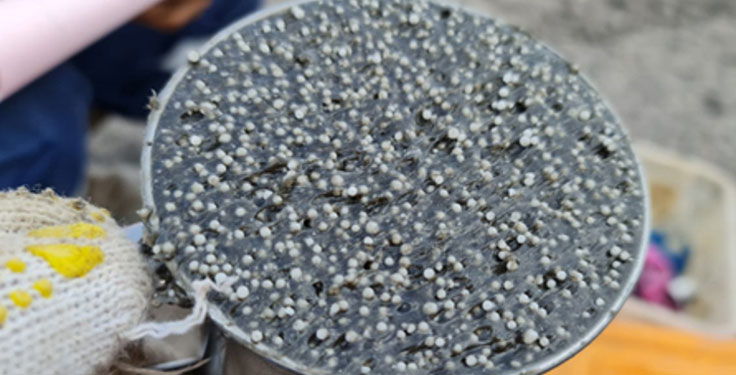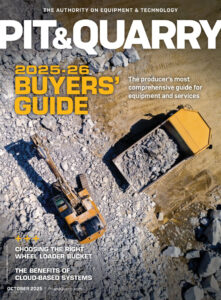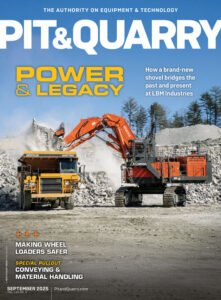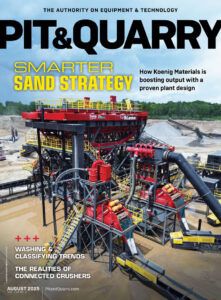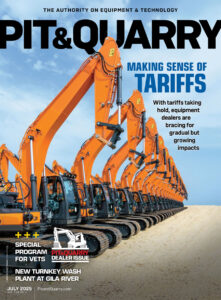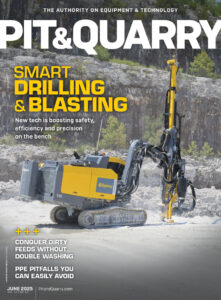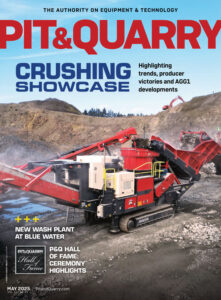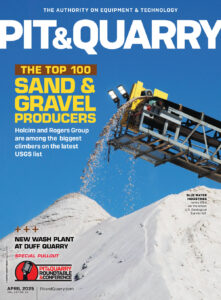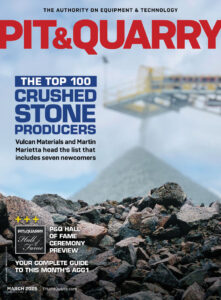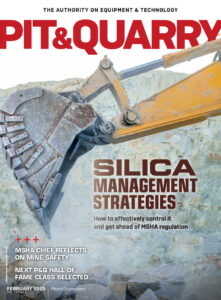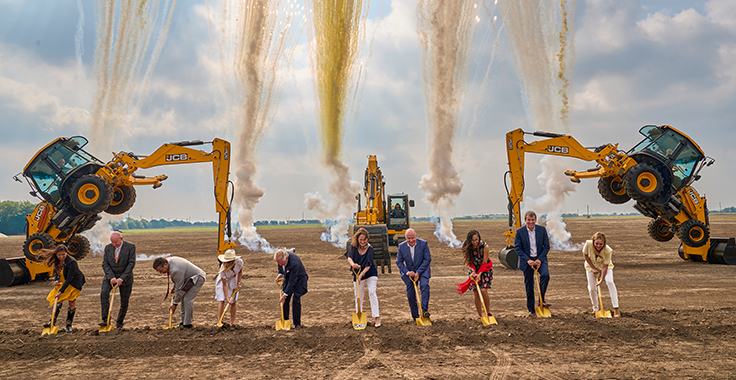
JCB began work on a new $500 million factory in San Antonio – an investment the company describes as the largest in its history.
According to JCB, the factory will make Loadall telescopic handlers and aerial access equipment, with production scheduled to start in 2026. The factory will have the capacity to expand and build other products in the future.
The new facility will manufacture machines for customers in North America.
“Construction equipment manufacturers sell more than 300,000 machines every year in North America, making it the single-largest market in the world,” says Lord Bamford, chairman of JCB. “JCB has been growing its share of this important market steadily over the past few years, and the time is now right to invest in our manufacturing capacity in North America, where we already have one factory.
“JCB really has come a considerable way since we sold our first machine here 60 years ago, and it gives me immense pleasure to see how our business has grown in North America,” Bamford says. “Today really is a milestone day in the history of our family company.”
A groundbreaking ceremony at the San Antonio site marked the beginning of construction. Work on the 720,000-sq.-ft. factory is now underway on the 400-acre property.
When finished, JCB says the San Antonio factory will be its second-largest plant in the world. Only JCB’s world headquarters in England is larger.
Additionally, JCB expects the new site to create 1,500 new jobs over five years.
“Texas is an obvious choice for our new North American manufacturing facility, not least because the state is the largest consumer of construction equipment in the USA,” says Richard Fox-Marrs, president and CEO of JCB North America. “San Antonio is also the logical choice as a location for our new factory because of its central location, proximity to the supply chain and great local labor force.”
According to JCB, the company sold its first machine in North America in 1964 and opened its first U.S. manufacturing plant in 2001 in Savannah, Georgia. That plant employs 1,000 people.


